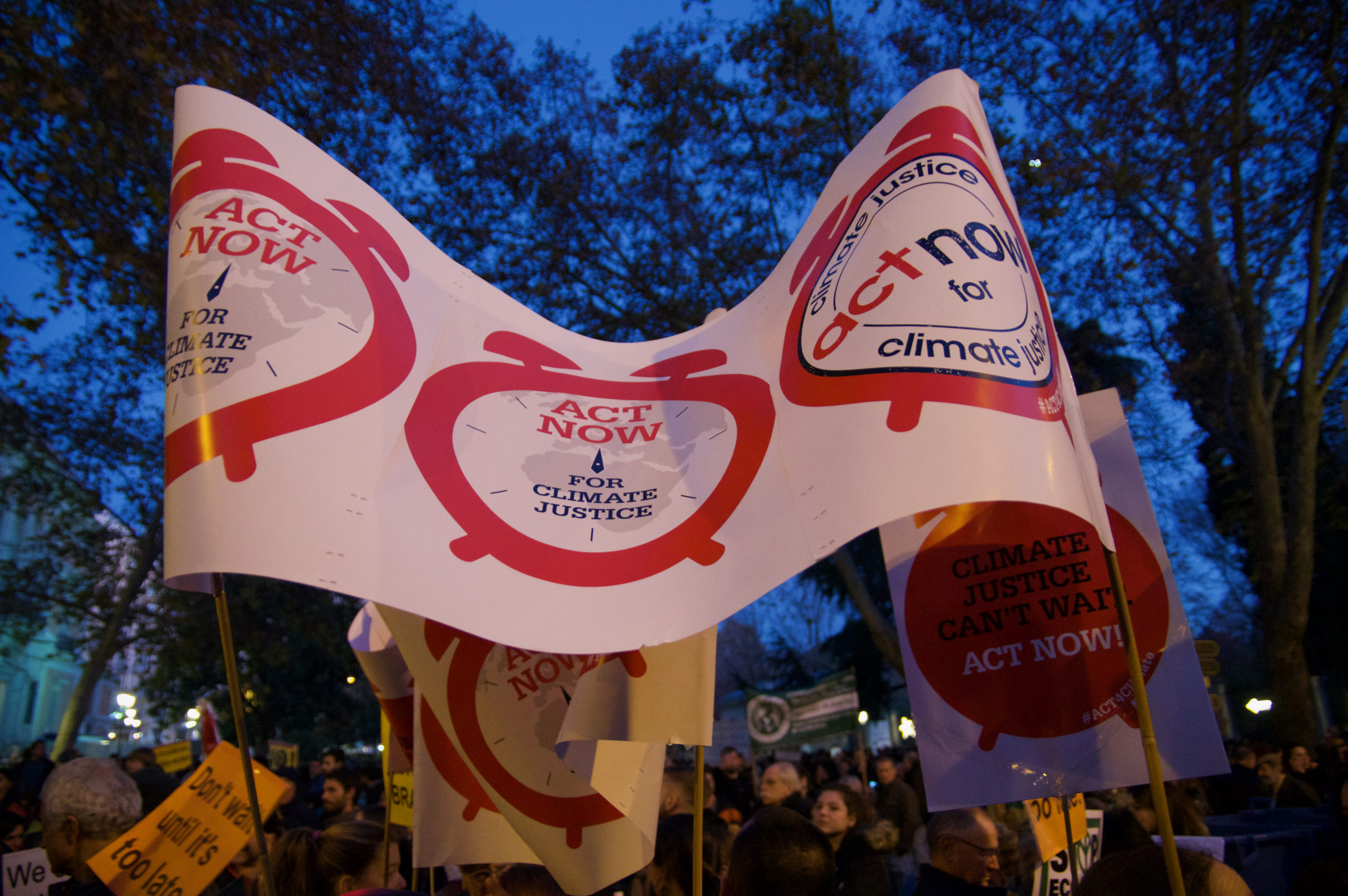
Three recent climate reports point to the major climate challenges facing the world. The future looks dark, but there is still hope and opportunities for action. I would like to share my recommendations on what needs to be done, but first a look at the three reports.
In early August, the UN Climate Panel released the latest research on global warming. It has already been well covered in the media. It points out that climate change will have very serious consequences in the coming decades, and that countries must drastically increase their ambition to reduce it.
On Friday, September 17, two new reports were released showing how the countries of the world are trying to deal with these challenges. One report came from the UN Climate Secretariat, UNFCCC. They have looked at the climate plans that the countries of the world have drawn up and it does not look good. If all the plans come to fruition, global temperatures will rise by 2.7 degrees. Both the Paris Agreement and the researchers point out that the temperature should not rise by more than 1.5 degrees.
But 2.7 degrees is only possible if developing countries receive the climate support that the rich countries have promised. Unfortunately, the third report, from the OECD, shows that the rich countries are not living up to that part of the agreement. This means that developing countries will find it difficult to implement their climate plans, and then the temperature will rise even more.
In short, it looks really, really bad.
But there is still hope, and it is the first report, by climate scientists, that shows the way. It points out that it is still possible to reach the 1.5 degree goal and to deal with the climate crisis.
Here are my four recommendations for what to do:
- All countries, and especially rich countries, must once again look at their climate plans and see where it is possible to increase ambition. Every instrument must be in play and must work quickly.
- Climate support for developing countries must be increased. This means more money to ensure that developing countries can prioritize both mitigation and adaptation work.
- We must focus more on climate adaptation. Climate scientists have emphasized that even with the most positive climate scenarios, the challenges will be great, not least for poor and vulnerable countries. Without climate adaptation, we risk seeing hunger, conflict and migration increase.
- Even though politicians have a special responsibility, they cannot solve the climate crisis alone. Everyone has to make a contribution. Companies, organizations, individual families and each person can make a difference. We must all therefore consider what we can do for the climate.
The three reports are scary reading, but there is still hope. I hope all governments in the coming months take the climate more seriously, and act. When we move to the upcoming UN climate summit, COP26, we need world leaders to step up and show leadership.
Mattias Söderberg is Senior advocacy advisor for DanChurchAid and is co-chair of the ACT Alliance Climate Justice Reference Group.